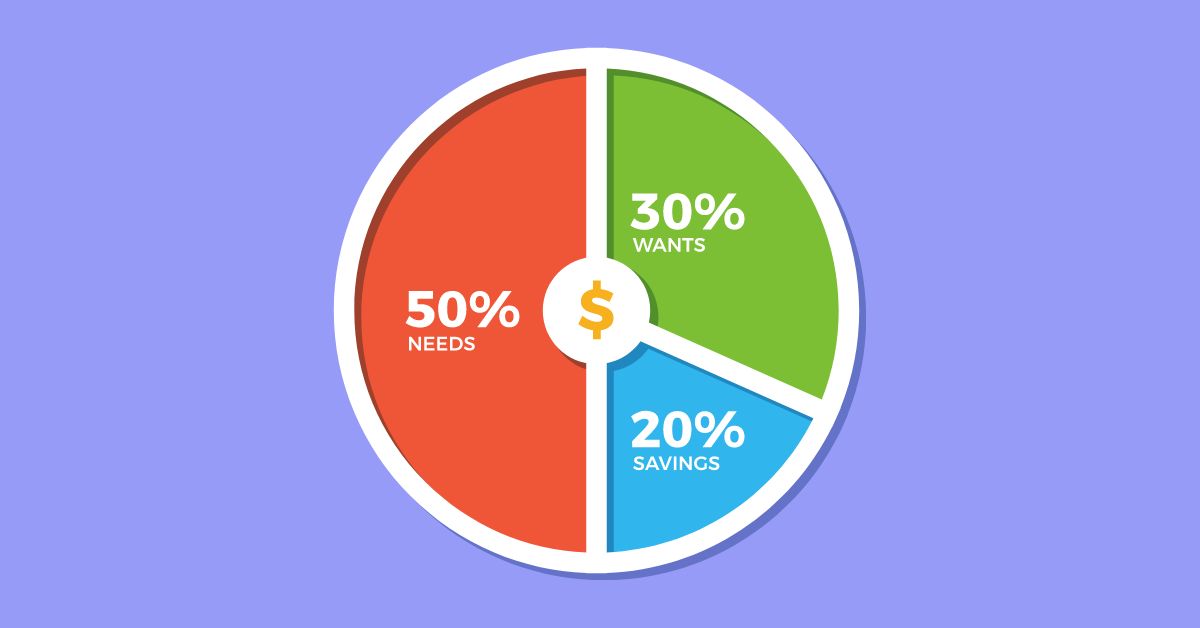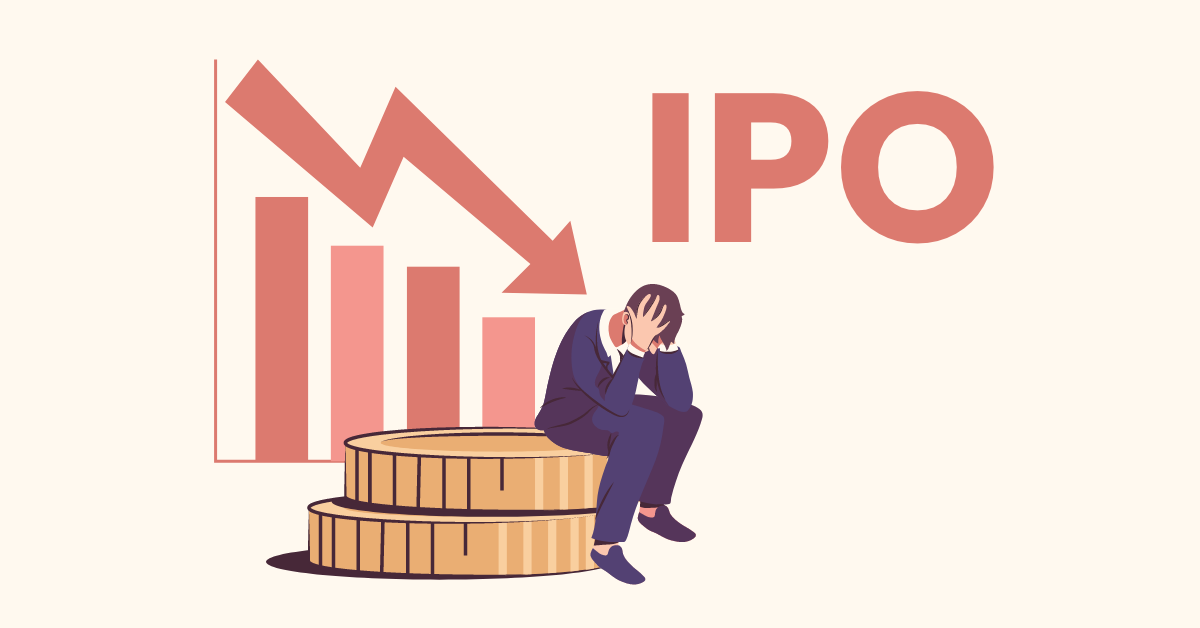Diversifying your portfolio is the key to optimising your returns, but how to diversify and which asset mix has the potential to offer better risk-adjusted returns remains a question. If you are investing in government bonds or are an evergreen gold lover, considering the best investment options requires lots of study about different long term investment options to maximise your returns.
This blog will explain why investing in a mix of bonds, equity, and gold works well for long-term growth. It also covers some of the best bonds to invest in India, equity shares, gold investment in India, and gold investment returns in India.
Why You Should Invest in a Mix of Bonds, Equity and Gold
- It will diversify your portfolio among moderately risky and risky investment instruments among fixed-income instruments.
- You can optimise the returns offered from bonds, equity and gold as they all have different characteristics.
- It will minimise the risk of losing money when stocks are not performing well (for example); the other two instruments may offer you better returns and offset the loss made on the stock.
Now, let us understand each investment instrument in detail.
Investment in Bonds
Bonds are the most popular debt instruments that offer fixed income and capital appreciation for a specified period. However, different types of bonds cater to other purposes of the investors. Various types of bonds include Corporate Bonds, Zero-coupon Bonds, G-sec Bonds, Convertible Bonds, RBI Bonds, and Sovereign Gold Bonds.
Types of Bonds
Corporate Bonds
The companies issue them to raise funds from investors, and they offer high returns but are unsecured. Hence, they carry a credit risk.
Zero-coupon Bonds
Zero-coupon bonds do not carry any interest rate, but they offer higher returns when they are matured.
G-sec Bonds
Government Security (G-sec) Bonds are issued by the government to meet its fiscal deficit requirements, and investing in government bonds are highly secured as the government itself issues them.
Convertible Bonds
Convertible bonds give you the option to convert them into equity shares at the end of their maturity period. Hence, you get the dual advantage of investing in debt and equity instruments.
RBI – Floating Rate Savings Bonds
The RBI launched these bonds in July 2020, offering regular interest income, but the rate is variable, currently offering 7.15% interest till June 2021.
Sovereign Gold Bonds
Sovereign gold bonds are gold bonds issued by the Reserve Bank of India (RBI), offering 2.5% interest per annum with a maturity period of eight years. It is a type of digital gold that will ensure fixed income flow.
Some of the Bonds to Invest in India
| Listed Bonds | Capital Gain Bonds |
| ECL Finance | REC Limited Bonds |
| Housing and Urban Development Corporation | NHAI Bonds |
| IFCI | |
| India Infoline Housing Finance |
Investment in Equity Shares
Equity investment means you buy shares of a company directly from the stock market and sell whenever you want. However, due to the unpredictable market movements, it is not easy for us to analyse, study the market trends and invest regularly.
Since equity investment in India is riskier than bond and gold investment due to frequent price fluctuations, you must review your investment goals and risk-taking ability. Since it is risky to invest in equity shares, they can provide extraordinary returns.
Gold Investment in India
While our ancestors have been treasuring this precious metal for ages, and many of us are inherited with gold, you may have a question in your mind – is it good to invest in gold? The answer is not either yes or no; it mainly depends on what investment goals you want to achieve and what your risk appetite is.
Understanding each investment instrument is crucial for you to optimise your returns for the long term. So, let’s know the gold investment better to make your decision-making smooth.
Types of Gold Investments
| Physical Gold | Gold Exchange Traded Funds (ETFs) | Gold Mutual Funds |
| Gold coins, bars, and jewellery are the forms of physical gold that almost every investor owns. Interestingly, physical gold has more value outside of investing and hence, it is considered a safe-haven asset. |
Gold ETFs are in paper or Demat form that
represent the units of physical gold, and it is
a passive investment based on gold
prices. The advantage of investing in a gold ETF is that you do not need to store the physical gold, yet you get all the return benefits that physical gold can offer. |
Gold mutual funds invest in gold mining companies, physical gold and gold ETFs; hence gold mutual funds will offer almost all forms of gold investment instruments. |
Gold Investment Returns in India
Physical Gold Price
Top Performing Gold Mutual Funds in India
| Gold Mutual Funds | 3 Yr | 5 Yr |
| Kotak Gold Fund | 14.55% | 10.67% |
| Axis Gold Fund | 13.63% | 10.03% |
| SBI Gold Fund | 13.93% | 10.27% |
| HDFC Gold Fund | 13.82% | 10.25% |
| ICICI Prudential Regular Gold Savings Fund (FOF) | 13.66% | 9.88% |
Source: ETmoney.com
Closing Thoughts
Investment decisions are never made on the spot, and it requires a lot of study and understanding of various investment instruments. We recommend consulting a Wealth Manager before investing your hard-earned money.
We at WealthDesk offer WealthBaskets designed explicitly by the SEBI approved professionals to invest in a portfolio of stocks and ETFs.
FAQs
Gold ETFs are digital gold which means you own gold on paper or electronically without carrying physical gold. At the same time, gold mutual funds invest in gold mining companies.
You can invest in bonds through the primary market, which means directly from the issuer, or through the secondary market. Alternatively, you can buy bonds from the bonds broker as well. Government bonds are available for purchase from banks or their official distributor’s portal.
Investment in equity shares is risky as the market is unpredictable and the prices of shares fluctuate frequently. The level of risk involved in equity shares generally lies between moderate to high.
An ideal asset mix includes all investment instruments – from fixed income instruments to aggressive investment options. In short, a good mix of assets diversifies its portfolio across the range of investment options.
Some best long term investment options include
–
– Equity shares of good
companies
– Gold
– ETFs
–
Index Funds
– Mutual Funds


















